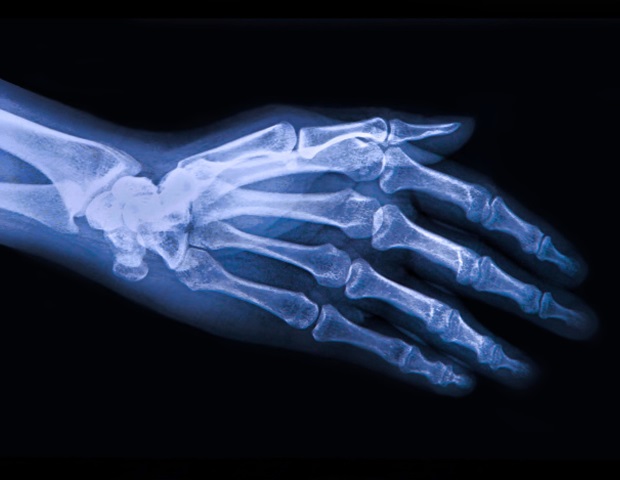
Antidepressant drugs are largely ineffective for back and osteoarthritis pain, despite being widely used for these conditions, suggests a review of the evidence published by The BMJ today.
The findings, based on moderate certainty evidence, show that for people with back pain the effects were too small to be worthwhile, but for osteoarthritis a small beneficial effect cannot be ruled out.
Most clinical practice guidelines recommend antidepressants for long term (chronic) back pain and hip and knee osteoarthritis, yet evidence supporting their use is uncertain.
To address this knowledge gap, researchers led by Giovanni Ferreira at the University of Sydney set out to investigate the effectiveness and safety of antidepressants for back and osteoarthritis pain compared with placebo.
Their findings are based on analysis of published data from 33 randomized controlled trials involving more than 5,000 adults with low back or neck pain, sciatica, or hip or knee osteoarthritis.
Also read: Knee Osteoarthritis: This surgery may prevent the need for total knee replacement
The trials were designed differently, and were of varying quality, but the researchers were able to allow for this in their analysis. Most of the data came from industry sponsored trials.
The researchers set a difference of 10 points on a 0 to 100 point scale for pain or disability as the smallest worthwhile difference between groups – a threshold commonly used in other studies of chronic pain.
Results showed that serotonin-norepinephrine reuptake inhibitors (SNRIs) reduced back pain after three months. But the effect was small – an average difference of 5.3 points on the pain scale compared with placebo – and unlikely to be considered clinically important by most patients.
For osteoarthritis, they found a slightly stronger effect of SNRIs on pain after three months – an average difference of 9.7 points on the pain scale compared with placebo – meaning that a worthwhile effect could not be excluded.
Low certainty evidence showed that tricyclic antidepressants (TCAs) were ineffective for back pain and related disability.
Tricyclic antidepressants and SNRIs might reduce pain in people with sciatica, but the evidence was not certain enough to draw any firm conclusions.
The researchers acknowledge several limitations, including the possibility of missing trials and being unable to explore a dose-response relation for most antidepressants because of the low number of studies spread across six different classes of antidepressants.
Nevertheless, the review was based on a thorough literature search with a prespecified threshold for clinical importance used in other reviews of treatments for back and osteoarthritis pain.
As such, they say their review updates the evidence for back pain, sciatica, and osteoarthritis, and could help clinicians and their patients decide whether to take antidepressants for chronic pain.
But they conclude: “Large, definitive randomized trials that are free of industry ties are urgently needed to resolve uncertainties about the efficacy of antidepressants for sciatica and osteoarthritis highlighted by this review.”
In a linked editorial, researchers at the University of Warwick call for clearer guidance to inform a consistent approach to use of antidepressants for people with painful disorders.
They acknowledge that some patients might choose to try antidepressants for a small chance of a worthwhile reduction in pain after three months.
Overall, however, they argue that drug treatments “are largely ineffective for back pain and osteoarthritis and have the potential for serious harm. We need to work harder to help people with these disorders to live better with their pain without recourse to the prescription pad.”
Ferreira, G. E., et al. (2021) Efficacy and safety of antidepressants for the treatment of back pain and osteoarthritis: systematic review and meta-analysis. BMJ. doi.org/10.1136/bmj.m4825.
Source: | Medical News








